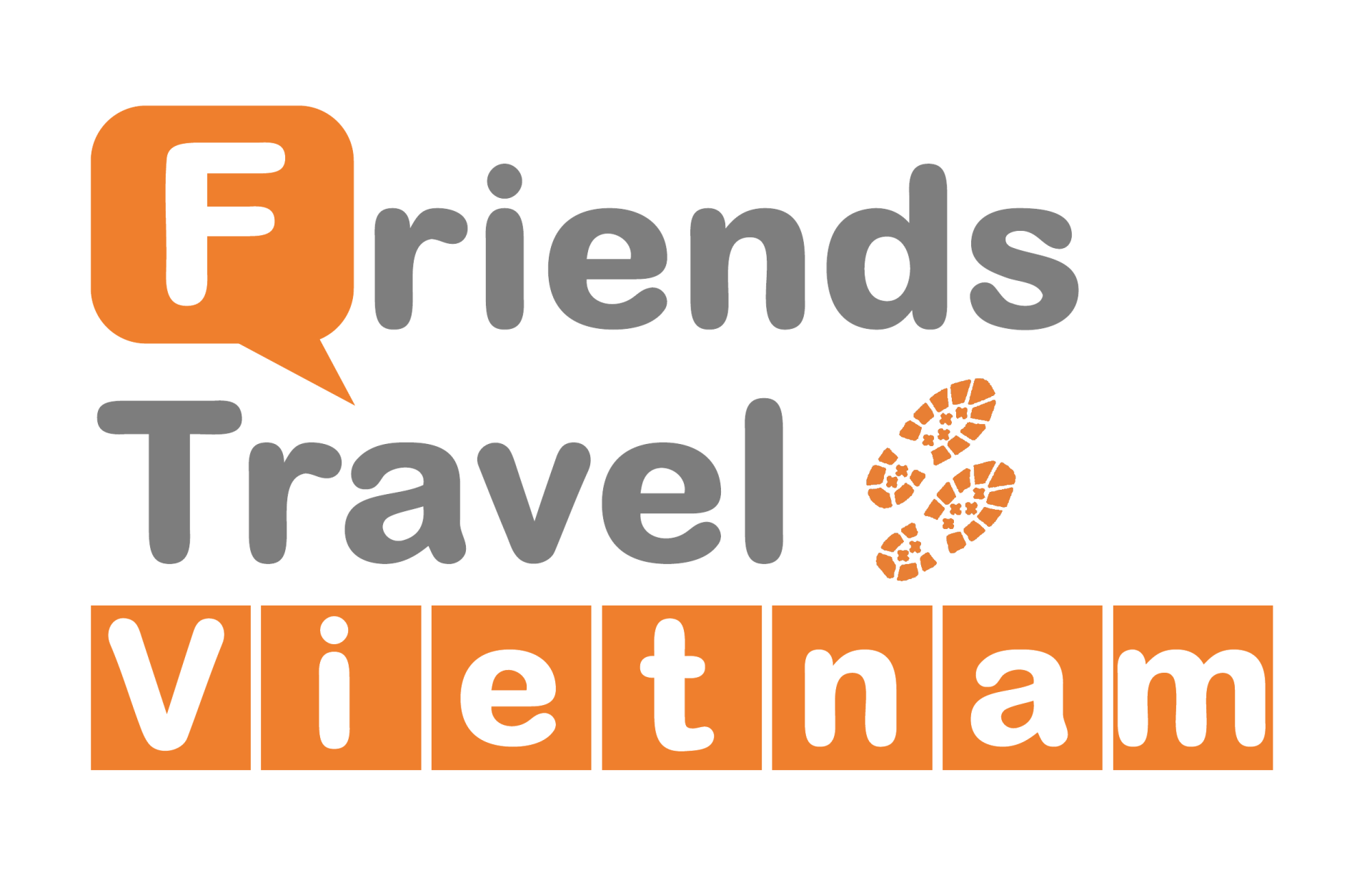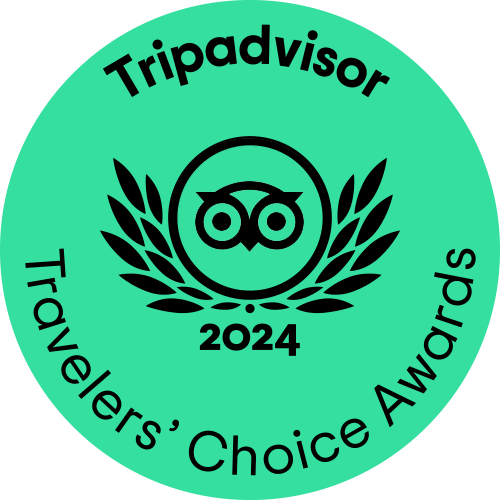Money in Vietnam
Friends Travel Vietnam the Travel Company Turning Travellers Into Friends Since 2013
WE WILL TAKE YOU WHERE YOU DREAM OF GOING IN VIETNAM
Travel packages, private tours, group tours
24/7 Support
Lowest Price Guarantee
Thousands of Reviews
What About Money in Vietnam
Tourists visiting Vietnam love to joke all about walking away from the moneychangers as “instant millionaires.” The Vietnamese dong (VND), Vietnam’s official currency, come in polymerized and cotton notes with multiple zeroes: VND 10,000 is the smallest polymer bill you'll find on the street these days, however, there are still cotton 1000, 2000, and 5,000 bills in circulation. The highest banknote that you'll find is the VND 500,000 bill.
Getting a grip on all those zeroes can be challenging for the first-time visitor to Vietnam. With a little time and practice, buying and spending Vietnamese dong becomes second nature to the Vietnam visitor. A trip abroad and always takes quite a bit of preparation. When you read up on your destination in advance and make sure you’re aware of your daily limits on your cards abroad and activate your cards for overseas use, you’re well prepared and won’t be surprised while traveling around.
Where to Change Your Money
Major currencies can be exchanged practically anywhere in Vietnam, but not all exchange facilities are created equal. Banks and airport moneychangers can change your money at a high cost relative to a jewelry shop in Hanoi's Old Quarter, so it pays to ask around before trading dollars for dong.
Banks
The government-run Vietcombank can exchange dong for US dollars, Euros, British Pounds, Japanese Yen, Thai Baht, and Singapore dollars. Banks in major cities like Hanoi and Ho Chi Minh City will let you change foreign currencies and most travelers' checks. You'll be charged a commission rate of between 0.5 to 2 percent for the latter.
Note: Always bring new notes; any damaged or dirty notes will be charged an additional two percent of the note's face value.
Hotels
Your mileage may vary with hotels: larger hotels can offer rates competitive with banks', but smaller hotels (like those in the Old Quarter of Hanoi, or those near some of Vietnam's top beaches) may tack on an additional fee for the service.
Gold and jewelry shops
The rates in these mom and pop establishments can be surprisingly fair, with no fees (unlike those in hotels and airport bureaux de change). Shops in Hanoi's Old Quarter—particularly Hang Bo and Ha Trung streets—offer better deals, as do gold and jewelry shops in Ho Chi Minh City's Nguyen An Ninh Street (near Ben Thanh Market).
Finding and Using ATMs
You're certain to find an ATM to withdraw from in any of Vietnam's major cities, but smaller towns have also begun to bring their A-game. That's not guaranteed, though, so it still makes more sense to withdraw in the cities before making your way out to the boondocks of, say, Mai Chau. Are ATMs better than changing dollars at the airport? It really depends who you ask.
If you're spending more than a few days in Vietnam, changing all your money to Vietnam dong increases the risk of theft: one robbery and you'll be broke till the end of your trip. Some will say that the peace of mind that comes with just withdrawing every couple of days from an ATM is worth the withdrawal fees charged.
Fees and charges vary
ATMs near backpacker districts like Pham Ngu Lao in Saigon reportedly charge an extortionate rate of three percent on top of your usual bank charges. More reasonable fees may hover down to about 1-1.5 percent per transaction. Banks allow a maximum withdrawal of between VND two million to VND ten million, dispensing 50k- and 100k-dong notes. As millions of dong can add up to a thick wad of cash, be careful when withdrawing large amounts from an ATM.
Using Credit Cards
Cash rules in Vietnam, though credit cards are accepted in many restaurants, hotels, and shops in Vietnam's big cities. Visa, Master Card, JBC and American Express are the most common credit cards honored in Vietnam. You can use ATMs to get cash advances on your credit cards; in a pinch, you can visit Vietcombank to get an advance over the counter. For credit card transactions, you may be charged an addition 3-4 percent per transaction.
Can US Dollars Be Used?
Not very often. Shops that used to accept payment in dollars are now obliged to ask for payment in the local currency only. You're better off exchanging your money at banks or other authorized currency exchange centers. Besides, paying in Vietnamese dong gets you better value than paying in dollars. Better to spend day-to-day using VND, while keeping a stash of dollars around for emergency purposes only.
PayPal
PayPal is an online money transfer and payment service. You can link it to your credit card, debit card or bank account. There are many ways of paying these days. What makes PayPal a useful service is that, when you lose your bankcards, you can pay at any place and anytime (as long as you have internet). An increasing number of companies in Vietnam is using PayPal, including, smaller hotels and airlines.
A drawback of PayPal is the high commission there is on your payments. Nevertheless when you lose your bankcards PayPal can be a great solution.
Do You Need to Tip in Vietnam?
Not really. Major hotels and restaurants in Vietnam add a 5% service charge to bills, so you can choose not to tip at these places. Elsewhere, small tips are always a good thing. Waiters, hired drivers, and guides should be tipped in our opinion al of course if you had a great experience.
Bargaining
Bargaining is an exacting discipline, and quite exasperating for the novice traveler who’s not used to the grueling back and forth.
And Vietnamese sellers aren't exactly the most cheerful bargainers. In areas with high tourist traffic, sellers sometimes refuse any attempts at bargaining down, knowing that there will always be another tourist willing to pay the prices they quote.
So, in Ho Chi Minh City, sellers at Ben Thanh Market (high tourist traffic) will gouge you hard, while their counterparts at Russian Market (low to middling tourist traffic) will give you some leeway. It all boils down to: you're a tourist, pay tourist prices. The only effective way of avoiding the “foreigner tax” is to get a Vietnamese friend to haggle on your behalf.
How Much to Budget Per Day
Your $100 can go a long way in Vietnam. Budget travelers can expect to spend up to $25 a day on food and lodging. Middle-budget spenders can enjoy good restaurant food, hire cabs, and stay comfortably in good hotels for about $35-65 a day. To keep costs down, eat street food for every meal; it's not just good money sense, it's an experience you shouldn't miss when in Vietnam. Street food in Hanoi is exquisite, worthy of Presidents and international TV hosts, at a surprisingly low cost.
Domestic air travel has become significantly cheaper, with the advent of VietJetAir (Vietnam's only budget airline) competing with full-service airlines like Vietnam Airlines and the “Reunification Express” train service.
More Vietnam Money Tips
Don't mistake one bill for another. As if the multiple zeroes aren't confusing enough, some VND denominations can look very similar to the untrained eye. Many tourists have overpaid with VND 100,000 bills, mistaking them for the similarly greenish VND 10,000.
Warning: polymer notes stick. The 2003-issue Vietnam dong are made of long-lasting polymer, not paper: and these plastic notes can stick together, presenting another risk you'll overpay for your goods. Flick or peel your notes carefully when paying for a purchase.
Avoid paying in high-denomination bills. Very few vendors will willingly change your VND 500,000, so make sure you're carrying smaller bills when going shopping. Don’t change your currencies on the black market. The legal exchange rate beats black market rates any time; claims of better rates are probably just the lead-up to a scam.
Pay the proper respect, literally. When visiting a pagoda, leave a small donation just before you leave.
Foreign Exchange Rates by Day
To help customers conveniently track foreign currency exchange, the Friends Travel Vietnam team updates the foreign exchange rate table as follows.
You can exchange foreign currency in Vietnam at banks, hotels, airports, gold and jewelry stores, and ATMs.
Dreaming of your very own adventure in Vietnam?
We love to talk about travel & sharing more information
Send us your travel requirements for local expert advice and carefully crafted itineraries.

